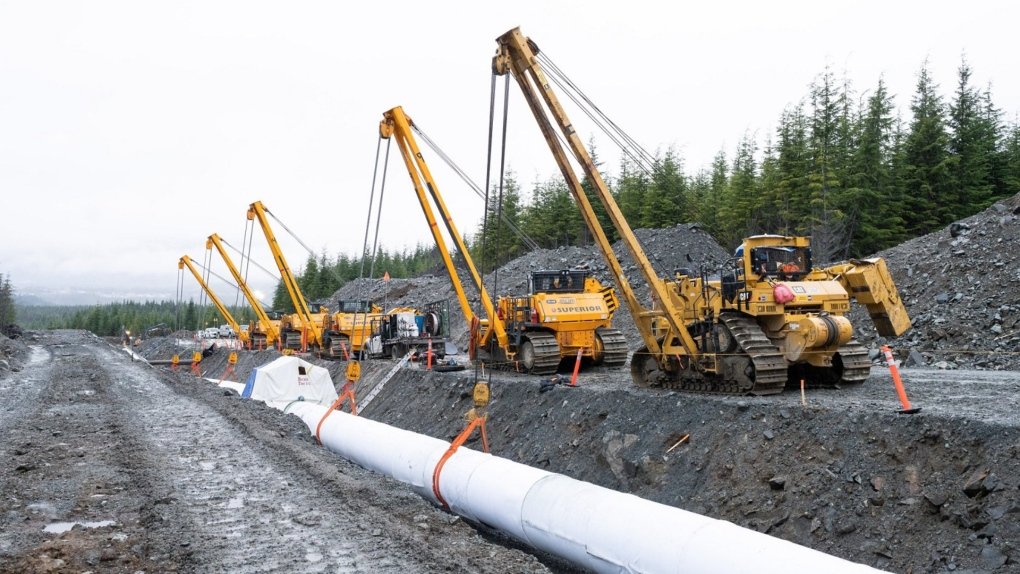A contractor working on the Coastal GasLink pipeline wanted to get $333,000 in tax rebates, but they were denied. They bought some equipment and said it wasn’t trucks, but the court decided that it was similar enough to trucks.
Ledcor Pipeline Limited is the main company building the part of the Coastal GasLink pipeline that will carry natural gas from northern BC to an export terminal in Kitimat.
The company said it should have gotten more than $333,000 in PST rebates for 11 pieces of equipment it called “haulers. ”
The B.C government said yes to giving back more than $2.2 million for equipment the company bought for the project. But they said no to giving back money for 11 items that the company asked about.
The province said that the machines are either trucks or vehicles that are “like trucks,” and these types of machines cannot get PST rebates. These rules are supposed to encourage investment in infrastructure after COVID-19.
Earlier this week, a judge named Warren B. made a decision in the BC Supreme Court. Milman agreed with the province, saying that the things in question are most likely trucks and cannot get the rebates.
‘Haulers’ are trucks or other vehicles used for transporting goods.
LPL took their case to court because the Ministry of Finance said no to their request for a rebate for the haulers. The company told the court that the ministry was mistaken to call the equipment “vehicles” because they were never used on public roads and were not allowed to be used on them.
The company used the provincial Motor Vehicle Act’s definition of “vehicles” to back up its argument. The definition says that a vehicle is something that can transport or move a person or thing on a road.
LPL argued that if the only requirement for a vehicle is that it can be used to transport something on a road, even things like toy cars, wagons, or refrigerators could be seen as vehicles.
Milman agreed that “may” was unclear in the Motor Vehicle Act, but the judge still made a difference between LPL’s truck drivers and the less common items.
The judge decided that when deciding if something is a vehicle, the important questions are whether it was made to carry things or people, and whether it can be used that way on a road.
“In the disputed items situation, the answer to both questions is definitely ‘yes’,” according to Milman’s decision.
“They have wheels, axles, tires, a frame, a driver’s seat, a container for carrying things, a door at the back, brakes, and parts to turn them. ” They are used to move things from one place to another. Toys and refrigerators are not the same in this way.
‘Almost definitely’ trucks
Some vehicles can get money back from the government, but trucks can’t. The company said their trucks should count as vehicles, not trucks.
The company said the vehicles were more like bulldozers, excavators, forklifts, or paving machines, which can get rebates in BC’s program.
Milman still wasn’t sure.
The judge threw out LPL’s case because the rebate program rules say it only applies to trucks and vehicles used for transporting things.
The decision says we just need to look at the plain meaning of the words used, and we don’t need any special tools to understand it. “If the items in question are not really trucks, then they are definitely similar to trucks in some way, in my opinion. “
Date:

